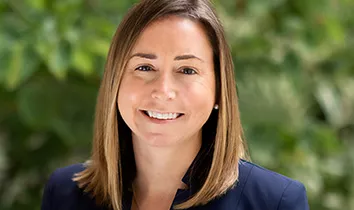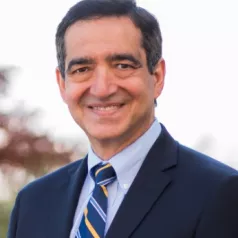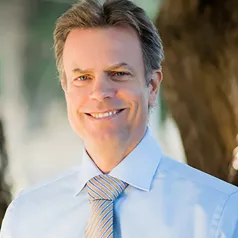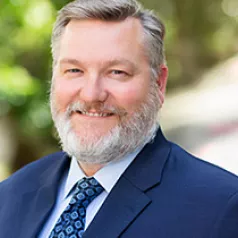About the Heart Transplant & Mechanical Circulatory Support Program
About the Heart Transplant & Mechanical Circulatory Support Program
With a distinguished history spanning over three decades, our experience has recently culminated in substantial growth to an impressive 80 heart transplants per year. We proudly stand as the 8th largest program by volume in the nation. We maintain a steadfast commitment to delivering exceptional short and long-term outcomes for our patients.
At the heart of our success lies our commitment to pushing the boundaries of transplantation science. We prioritize the utilization of Donation after Cardiopulmonary Determination of Death (DCD) organs, a practice that has demonstrated superior short-term outcomes, ensuring the best possible results for our patients.
Moreover, we're pioneering minimally invasive Left Ventricular Assist Device (LVAD) implantation, a groundbreaking approach that sets us apart as the only center in California routinely performing this procedure. With a shorter length of stay, earlier mobilization, reduced pain, and decreased incidence of right-sided heart dysfunction, our minimally invasive LVAD implantation technique represents a significant advancement in patient care.
In addition, the adoption of cutting-edge donor preservation technologies, prominently the Paragonix SherpaPak Cardiac Transport System and the TransMedics Organ Care System (OCS) also have empowered UCSF to undertake heart transportation over longer distances with remarkable efficacy.
Positioned as a pinnacle of proficiency and success within the region, the UCSF Heart Transplant Program's outcomes align commendably with anticipated benchmarks, as attested by the Scientific Registry of Transplant Recipients. Notably, our program has been honored with the prestigious Press Ganey Voice of the Patient - Pinnacle Award for an exceptional three-year streak of patient satisfaction excellence.
Within the purview of the UCSF Advanced Heart Failure team lies the indispensable UCSF Cardiogenic Shock team, a lifeline for patients in critical need. The harmonious orchestration of patient transfers from other facilities ensures seamless access to UCSF's unparalleled critical care expertise, maximizing chances of survival amidst severe illnesses.
UCSF stands as a prominent bastion for Mechanical Circulatory Support (MCS) in Northern California, boasting the highest volume of cases. Our multidisciplinary approach, coupled with continuous technological advancements, positions the UCSF MCS Program as an increasingly viable solution for diverse patient scenarios: a short-term bridge to recovery, an extended bridge to transplantation, or a destination therapy.
A distinguishing facet of UCSF is its comprehensive proficiency in both mechanical circulatory support and extracorporeal life support, spanning a wide array of FDA-approved devices. Annually, we implant 30-40 durable devices, a testament to our commitment to individualized patient care. Our adept physicians adeptly match each patient with the most suitable approach and device, while thorough training equips patients and their families for a smooth transition back home, backed by round-the-clock clinical and technical support.
Extending our impact beyond patient care, our outreach encompasses training local emergency services and medical facilities. A trailblazer in the field, the UCSF MCS Program was among the first nationwide to integrate remote monitoring strategies into electronic health records, effectively curbing readmission rates and mitigating complications associated with ventricular assist devices.
Amy G. Fiedler, MD
Associate Professor of Surgery
Division of Cardiac Surgery & Lung Transplantation
Director of Heart Transplantation & Mechanical Circulatory Support
Co-Director of Cardiac Intensive Care Units
Medical Director of Quality and Safety, Heart and Vascular Center




